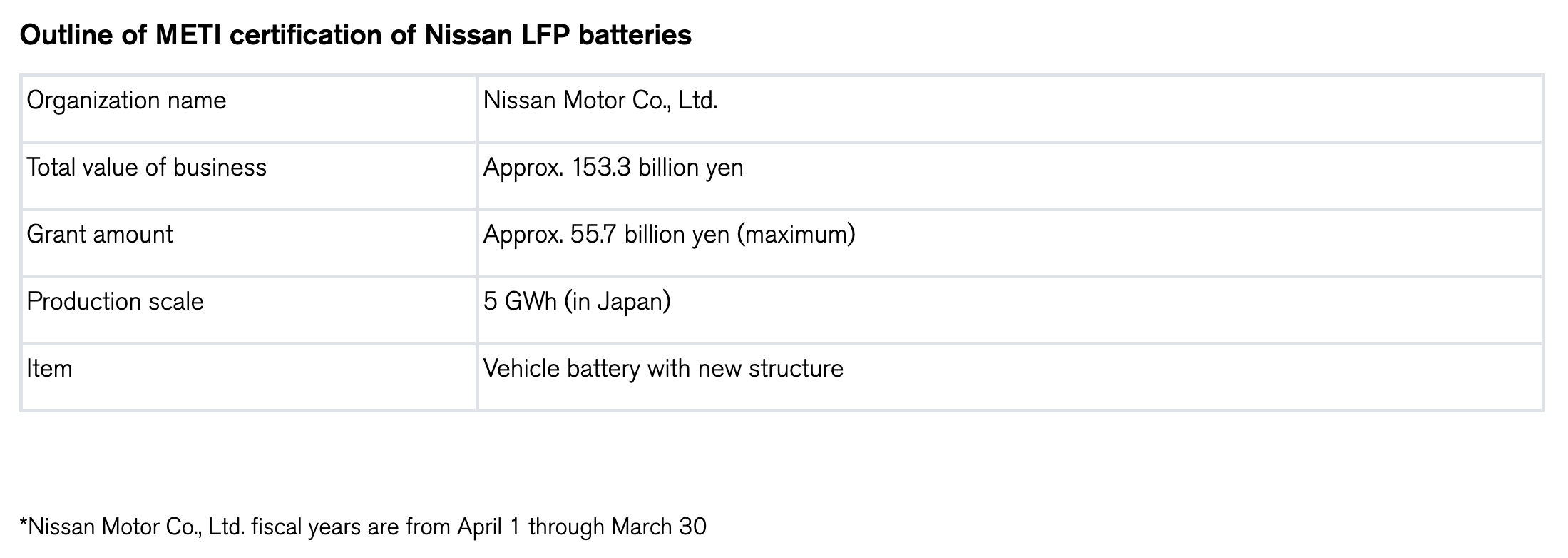Sign up for daily news updates from CleanTechnica on email. Or follow us on Google News!
Nissan is in trouble. It has been for a few years now. For more on the broader story, you can see Steve Hanley’s recent article: “Nissan Is In Deep Doo-Doo.” As part of that, Steve wrote, “In the first half of 2024, the average Nissan dealership in the US earned 70% less in profit than in the same period a year ago, Automotive News reported last month. Americans simply aren’t buying Nissans like they used to, despite a splurge on advertising and sales incentives. Car lots are still stuffed with 2023 models. 2024 models will be leftovers as well, as 2025 models from other manufacturers are scheduled to go on sale soon.”
Just looking at the US market, you can see in the following charts I recently created that Nissan sales were down by nearly 100,000 units in Q2 2024 compared to Q2 2019, more than any other auto brand except Ford (which was down by just over 112,000 units); and in percentage terms, sales were down 31%.
Naturally, overall, that’s not a great trend. I assume part of that is that Nissan was long seen as a somewhat energy efficient, affordable car brand, but similar competitors have been outplaying Nissan and the company has fumbled the lead it once had in electric vehicles.
Just looking at the EV story now, the Nissan LEAF was the leader of the electric car transition for a few years — it led the US and the world in sales quite routinely. It had the most cumulative EV sales for a while, until the Tesla Model 3 came along and quickly passed that record (and later the Model Y did even better). The big problem with the LEAF, though, was that it used batteries that just weren’t up to snuff. They suffered from significant degradation within a few years like other EV batteries didn’t. It took a bit too long to adjust and go a more common route on batteries with decent thermal management systems.
Still, the LEAF’s early leadership has endeared it to many early EV enthusiasts, and it’s not the worst selling EV. In fact, sales were up 188% in the 3rd quarter in the US! But only 3.2% of Nissan’s US auto sales are electric, which is far below competitors Kia (8.7%), Hyundai (7.8%), and even Ford (4.7%).
How can Nissan get back its mojo with EVs? One way might be to use super cost-effective LFP (lithium-iron-phosphate) battery technology similar to what EV leaders in China, and thus globally, are using in their EVs. Then, perhaps, Nissan can compete well again in the low-cost, value-for-money, efficient car arena and save itself from disaster.
Last month, Nissan announced that “its development and mass production of in-vehicle, lithium-iron-phosphate (LFP) batteries has been certified in Japan by the Ministry of Economy, Trade and Industry (METI).” Rather than buying EV batteries from Chinese companies, Nissan is boldly and admirably focused (again) on trying to provide itself with the core EV batteries it needs in order to lead the way into the future. “Through the development and mass-production of LFP batteries, Nissan intends to establish a base in Japan by strengthening the supply chain of storage batteries, a Japanese government policy, and promoting the use of electric vehicles fitted with LFP batteries,” the company writes.
“Nissan will adopt LFP batteries to meet the diverse needs of customers and to provide more affordable electric vehicles. The batteries, to be developed and mass-produced in Japan, will be installed in electric minivehicles starting in fiscal year* 2028,” Nissan president and CEO Makoto Uchida says (emphasis added). “We aim to establish a base for LFP batteries in Japan by making the most of the government support approved by METI.” Again, there’s the key: This is an important way to bring down costs, and Nissan is striving to again lead in the affordable cars arena, but more specifically the affordable electric cars arena in this case. How will it do?

Have a tip for CleanTechnica? Want to advertise? Want to suggest a guest for our CleanTech Talk podcast? Contact us here.
Latest CleanTechnica.TV Videos
CleanTechnica uses affiliate links. See our policy here.
CleanTechnica’s Comment Policy








